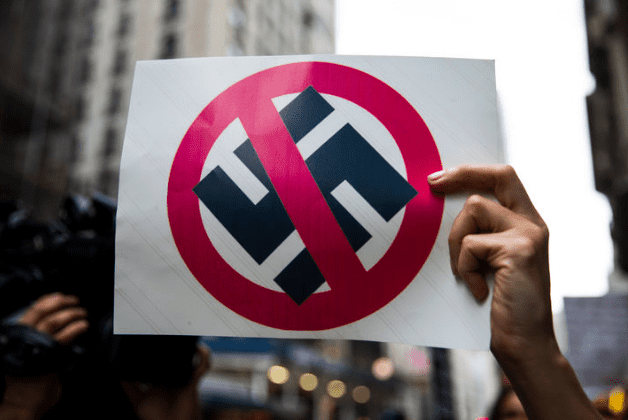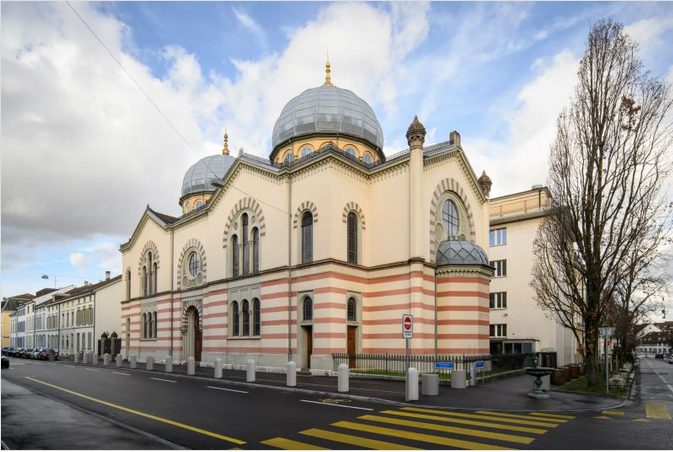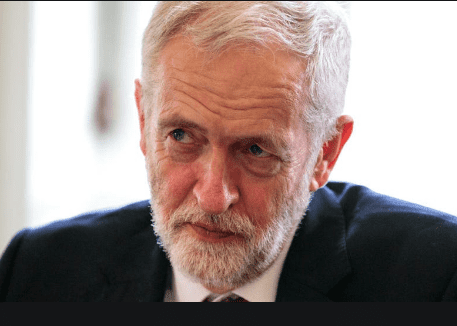AMSTERDAM (JTA) — Dutch Chief Rabbi Binyomin Jacobs said he was “shocked” that the Labour Party rejected a motion calling for the adoption of a definition of anti-Semitism, saying its vote aimed to curry favor with some Muslim voters.
On Tuesday, a majority of lawmakers in the lower house of the Dutch parliament, the Tweede Kamer, passed a nonbinding motion calling on the government to adopt the definition of the International Holocaust Remembrance Alliance. But Labour, along with all the other left-wing parties, voted against it.
The definition has been adopted as official policy by the United Kingdom, Germany and five others in the European Union, as well as the EU as a whole.
Some pro-Palestinian activists have opposed the definition because it says that some forms of vitriol against Israel are anti-Semitic.
Jacobs, a member of the Rabbinical Center of Europe, rarely comments on political votes. He made an exception here.
The lawmakers who voted against the motion, he said, “did so out of political considerations.” Asked whether he meant that Labour opposed the motion to woo some Muslim voters, he said “Yes.”
Labour leader Lodewijk Asscher declined to say why his party voted against the motion, Ernst Lissauer, a prominent freelance journalist, wrote on Twitter.
Bram van Ojik of Green Left told Lissauer: “Anti-Semitism and criticism of Israel should be kept separate.”
On Wednesday, Jacobs and Rabbi Izak Vorst, the co-heads of Chabad’s team of emissaries to the Netherlands, attended an early Hanukkah candle-lighting ceremony at the Dutch parliament in The Hague. Khadija Arib, the chairwoman of the Tweede Kamer, also attended along with Ankie Broekers-Knol, chairwoman of the Eerste Kamer, or Senate.
Despite Labour’s vote, Jacobs said, “There is real determination in the Dutch political establishment to fight anti-Semitism, and the chairwomen’s remarks at the event reflected that.”
The article was published on JTA















